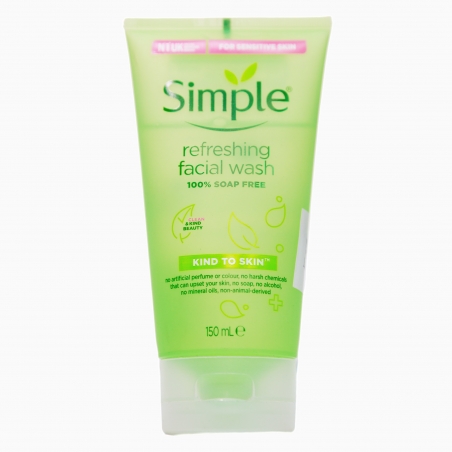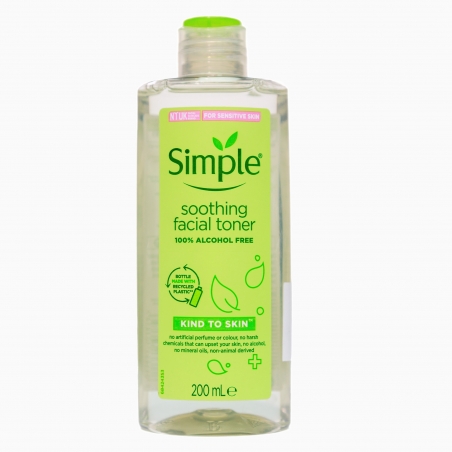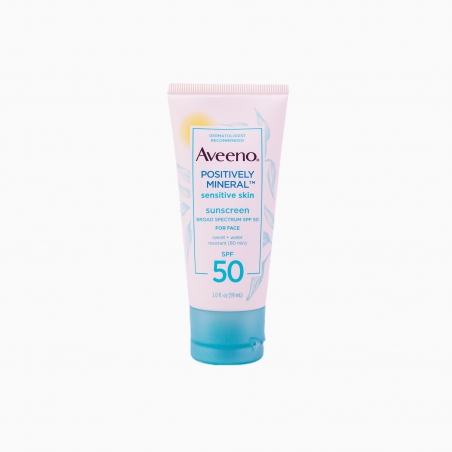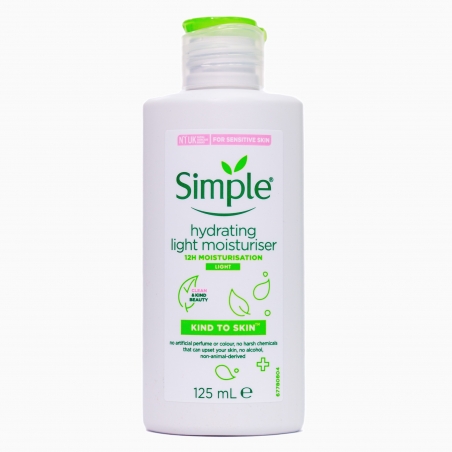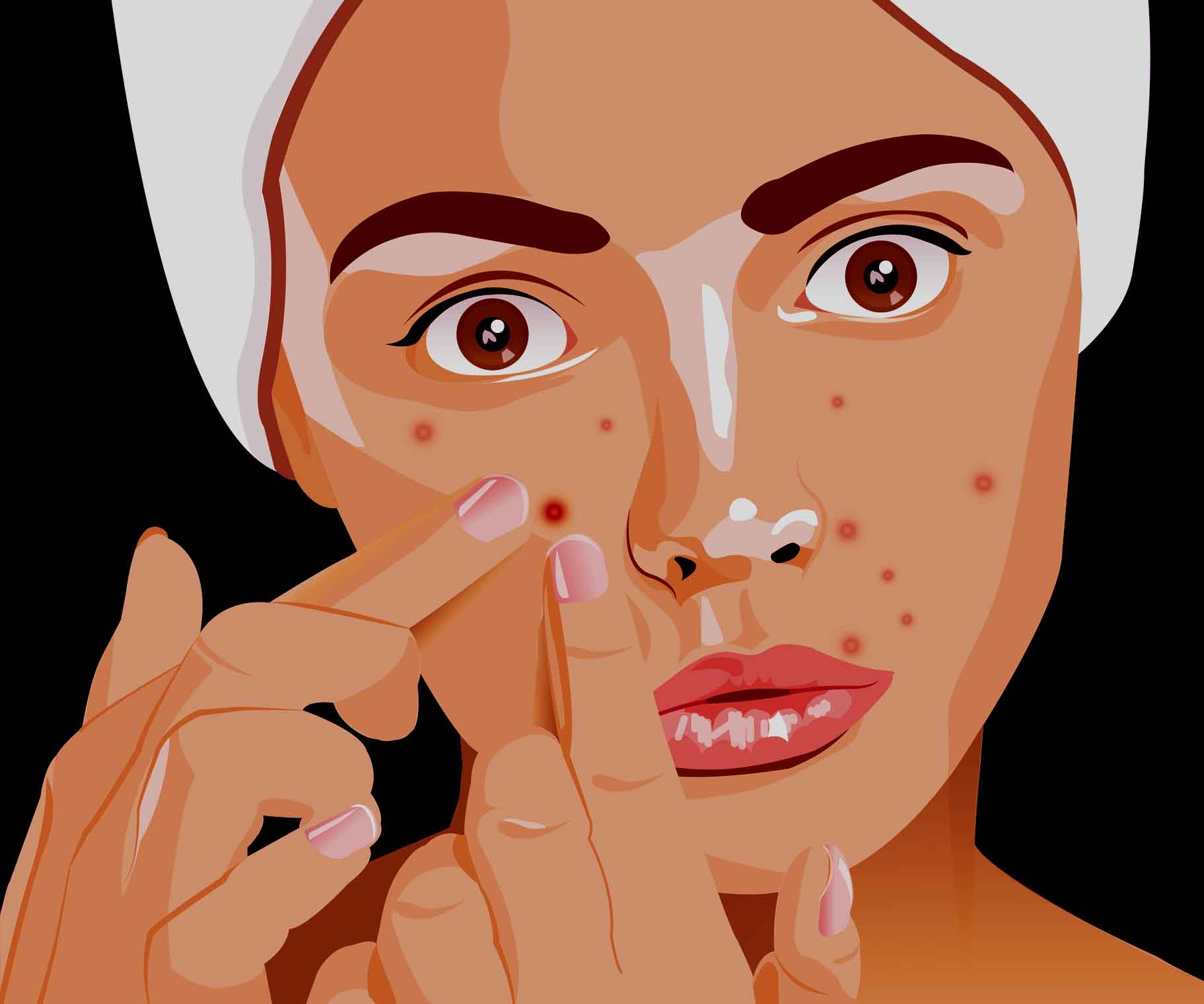
What causes oily skin?
Notice that your skin emits a little extra shine? Fact is, everyone has oil in their skin. Under each of your pores is a sebaceous gland that produces natural oils called sebum. This helps keep your skin hydrated and healthy. In some people, though, the sebaceous glands can produce too much oil. This creates oily skin. You know you have oily skin if your skin constantly looks shiny, and you go through several blotting sheets a day. Oily skin can even feel greasy within hours of cleansing. Breakouts are also more likely because the sebum mixes with dead skin cells and gets stuck in your pores.
The causes of oily skin include genetic, environmental, and lifestyle factors. While you can’t necessarily get rid of oily skin, you can take steps to make your skin less oily. The key is to identify one or more of these seven underlying causes.
1) Genetics and Age
Oily skin tends to run in families. If one of your parents has oily skin, you’re likely to have overactive sebaceous glands, too. While you don’t necessarily grow out of oily skin, your skin will indeed produce less sebum as you age. Aging skin loses protein, such as collagen, and the sebaceous glands slow down. This is why many people who have aging skin also have dry skin. This is also the time when fine lines and wrinkles are more noticeable because of the lack of collagen and sebum. One benefit of oily skin is that you may not show signs of aging as quickly as your drier counterparts. You may have oily skin now, but you’ll need to evaluate your skin as you get older. Even people in their 30s may not have the same skin composition as they did in their teens and 20s.An aesthetician can help evaluate your skin type every few years to see if you need to make any changes to your skin care routine.
2) Where You Live and the Time of Year
While genetics and age drive the underlying causes of oily skin, where you live and the time of year can also make a difference. People tend to have oilier skin in hot, humid climates. You’re also more likely to have more oil on your skin during the summer than you would in the fall or winter. While you may not be able to pick up and move away because of your oily skin, you can adjust your daily routine during days of high heat and humidity. Keep blotting sheets on hand to touch up excess oil throughout the day. A matte moisturizer or foundation can also help soak up extra oil.
3) Enlarged Pores
Sometimes your pores can stretch out due to age, weight fluctuations, and previous breakouts. Larger pores also tend to produce more oil. You can’t shrink your pores, but you can take extra care to blot areas of your face with enlarged pores throughout the day.
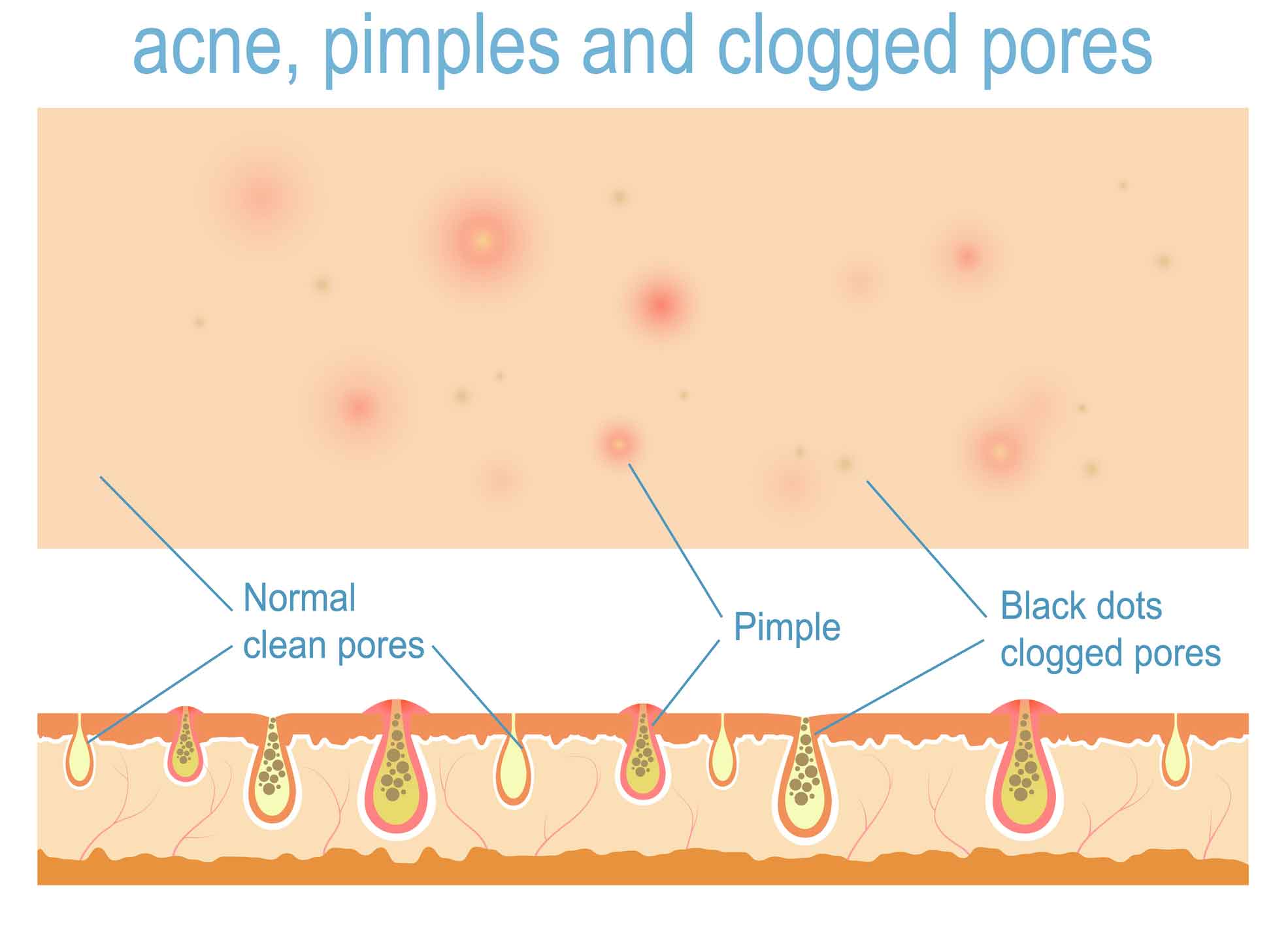
4) Using the Wrong Skin Care Products and Overdoing Your Skin Care Routine
Oily skin can also be brought on by using the wrong skin care products for your skin type. Some people mistake combination skin for oily skin, and they might use too heavy creams, for example If you have drier skin during the winter months, you may need to change your skin care plan for the spring and summer with lightweight moisturizers and gel-based cleansers. Using the correct skin care products can make a huge difference in the amount of oil that’s left on your face. On the flip side, washing your face or exfoliating too often can also make your skin oily. This can seem like an oxymoron, since the purpose of washing and exfoliating is to get rid of oil. But if you do this too often, you strip away too much of the oil from your skin. This can cause your sebaceous glands to go into emergency mode, where they produce even more oil to make up for the loss. You only need to wash your skin twice a day to keep excess oil at bay. Failing to wear sunscreen can also dry out your skin, leading to more sebum production. Make sure you wear sunscreen every single day. Moisturizers and foundations with sunscreen tend to be less oily, but you may still need to reapply throughout the day.
5) Skipping Your Moisturizer
It’s a myth that moisturizer causes oily skin. In fact, if you’re using acne treatments such as salicylic acid or benzoyl peroxide, you definitely need a good moisturizer to keep your skin from drying out. Without moisturizer, any skin type will dry out. So instead of skipping moisturizer, the key is to find the right kind of moisturizer. Lightweight, water-based moisturizers work well for oily skin. Always make this your last step after cleansing and toning. Also look for products that say they’re "oil-free" and "non-comedogenic" to help keep pores clear.
Oily skin is complex with many causes. It’s also possible to have more than one cause of oily skin. For example, oily skin may run in your family, and you might also live in a humid climate. In such cases, you’ll need to address all the causes of excess oil to help achieve cleaner, clearer skin. Once you’ve come up with your oily skin action plan, you’ll need to give it some time to work. Sometimes it can take a month or two until you see any major improvements. If you’re still dealing with excess oil after this time, you may want to see your dermatologist.

